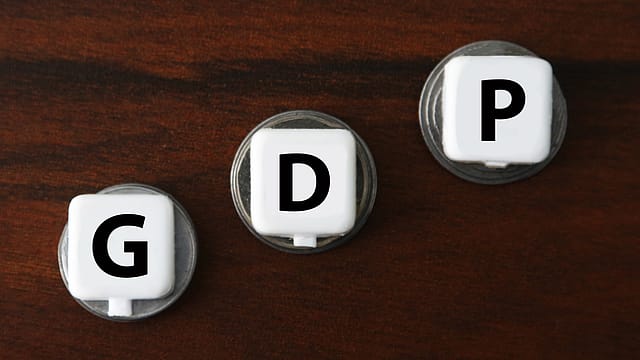Japan slips to world’s 4th largest economy, behind U.S., China, Germany
ADVERTISEMENT

Japan has fallen to the fourth-largest economy in the world, according to government data released on Thursday, trailing behind Germany in 2023. The Japanese economy shrank at an annualised rate of 0.4% in the October-December period, slipping into recession after two quarters of contraction in the third and fourth quarter last year.
The latest economic data for October-December revealed the Japanese economy's annual contraction of 0.4% and a 0.1% decline from the previous quarter in Japan. However, the real GDP for the entire year showed a 1.9% growth compared to the previous year.
Japan's nominal GDP slipped to $4.2 trillion in 2023, in comparison to Germany, whose GDP expanded to $4.4 trillion. The GDP of the USA, the world's largest economy, stood at $27.36 trillion, followed by China at $17.52 trillion.
Real gross domestic product gauges the worth of a country's goods and services, with the annual rate reflecting the outcome if the quarterly rate were extended over a year.
Japan, once the second-largest economy, fell to the third position in 2010 due to China's economic growth, and the International Monetary Fund had anticipated its further descent to the fourth spot.
February 2026
Despite a challenging global business environment and geopolitical turmoil, MNCs are a major part of the story of Corporate India. As the country moves closer to its Viksit Bharat goal, these multinationals are playing an increasingly pivotal role in shaping that future. Fortune India’s second edition of the MNC 500 list offers a comprehensive look at the performance of the 500 largest multinationals in India. The issue also decodes Budget 2026, highlighting the government’s long-term vision to sustain the economic momentum.
Both Japan and Germany historically built strong economies through robust small and medium-sized businesses, but Germany has maintained a solid economic foundation aided by a strong euro and inflation. Japan, on the other hand, faces challenges with a weak yen.
The decline in Japan's economic standing is expected to diminish its global influence, according to Tetsuji Okazaki, a professor of economics at the University of Tokyo. "Several years ago, Japan boasted a powerful auto sector, for instance. But with the advent of electric vehicles, even that advantage is shaken," he said.
Factors contributing to Japan's economic challenges include the rise of electric vehicles eroding its once-dominant auto sector. Additionally, the gap between developed countries and emerging nations is narrowing, with India poised to surpass Japan in nominal GDP. Addressing labour shortages is a critical issue, with immigration and robotics being potential solutions. However, Japan has been criticised for its reluctance to accept foreign labour. Another option is robotics, which has been playing out gradually but not enough to solve the nation's chronic labour shortage.
Japan's historical status as an "economic miracle" has faded, with the nation facing a dim outlook for the next couple of decades. The era when "Made in Japan" symbolised affordable yet high-quality products seems to be waning, and Japan's economic future appears uncertain, according to Okazaki.
